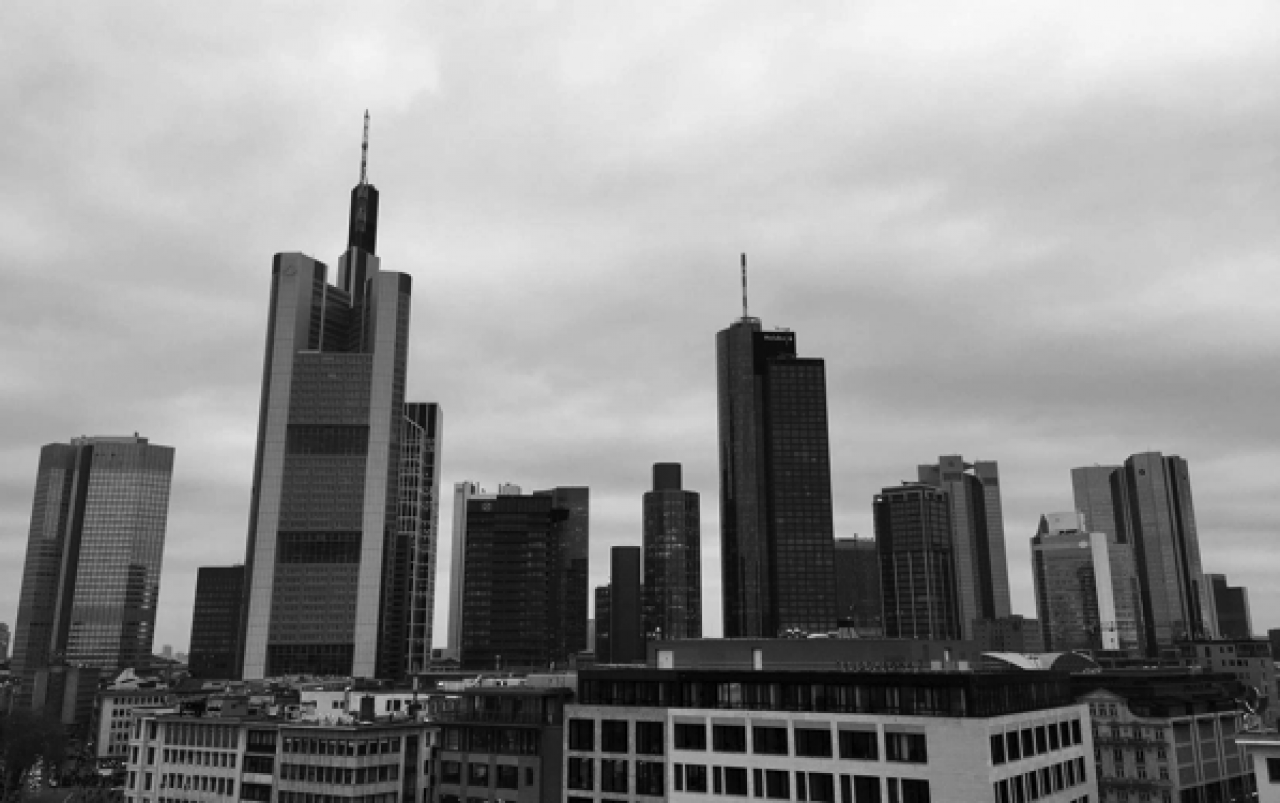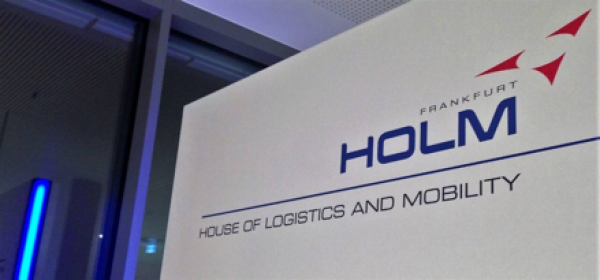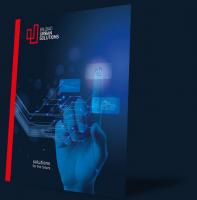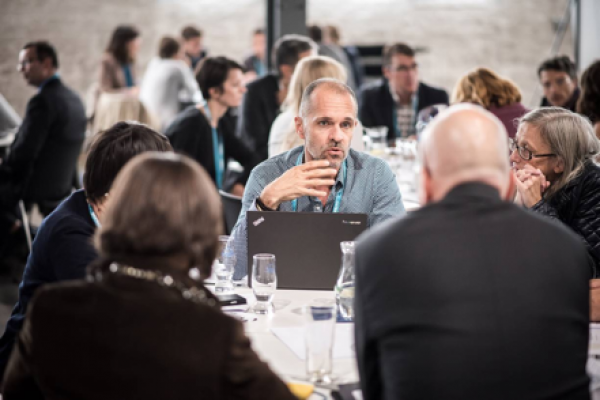
The cluster approach is acknowledged as the most influential one in modern industrial policy worldwide, and the arrival of smart specialisation has emphasized its influence. But, why? How might local authorities take advantage of this momentum to enhance their role as facilitators of cluster initiatives? What new drivers are now working in the field of cluster development? This article gives us the opportunity to introduce some concepts associated to smart specialisation illustrated by examples from the In Focus network cities.
Clusters and priority domains
Strategies for Smart Specialisation (S3) priority domains are broader than clusters, more challenge-based (e.g. advanced manufacturing, low-carbon economy, health and wellbeing…) while clusters are mostly configured as value chains or a set of product/markets which are linked along specific value chains. They are more oriented to structural change and the cluster´s agenda more centred on business growth.
"The full potential of clusters and cluster policies will be reached if the smart specialisation strategies integrate cluster policies into a broader transformation agenda for the entire regional economy” (European Commission, 2013).
IT clusters are called to play a primary role in digital transformation, but it is cluster policy makers and cluster facilitators who should unlock this potential if necessary. That is why Research and Innovation Strategies for Smart Specialisation (RIS3) is working (or should work) as a booster for cluster policies in Europe.
For instance, the Moravian-Silesian region (which de facto works as Ostrava city-region) priorities are the following: advanced materials, industrial automation, mechatronic applications, regenerative medicine, genomics, bioinformatics, waste processing technologies, intelligent energy solutions, integrated safety systems and supercomputing methods. There is nothing about the automotive sector, which is one of the most significant industries in the city-region in terms of turnover and employment. However, the Moravian-Silesian automotive cluster will have much to do in moving some of those priority research domains forward. As triple helix type of collaboration platforms, clusters should have more capability to mobilize actors into relevant agendas leading to innovation and growth.
Clusters are usually acknowledged as key RIS3 actors, since - in addition - they provide a real capacity to embed this new strategy across sectors.
In the case of the Basque Country, a number of strategic initiatives are being promoted in order to stimulate cross-cluster dynamics for a number of S3 priority domains and challenges such as advanced manufacturing, digital transformation, circular economy or sustainable mobility.

That´s the case of AS-FABRIK, “Bilbao Alliance for Smart Specialisation in Advanced Services towards the Digital Transformation of the industry”, which has been awarded Urban Innovative Action. Its purpose is to accelerate the digital transformation of the wider urban economy, in particular manufacturing, through a number of experimental initiatives on new higher education programmes, prototyping and incubation of new business models, and dedicated workspaces. This alliance is promoted by the City of Bilbao, and two Bilbao-based cluster organizations are playing a key role in it: the IT cluster GAIA and the audio-visual cluster EIKEN. This is a good example of URBACT acting as a catalyst: AS-Fabrik was born inside the URBACT Local Group established to run the In Focus project in Bilbao.
From sector prioritization to specialized diversification
This capacity of clusters as “bridge builders” has to be exploited as much as possible. Priority sectors and technological domains should be seen as a starting point in the context of smart specialisation not an end in themselves. What RIS3 strategies provide is a roadmap to a sort of “specialized diversification”, which is the real key concept, since S3 is just a long term guide for growth, shaped in a way to avoid path dependency.
Concepts like cross-innovation and intercluster (cluster-cluster cooperation) were already being used before smart specialisation came up. Nevertheless, what smart specialisation brings for the first time is a single structuring guidance to envision as a whole all the key productive components of a spatial economy (call them clusters, domains…).
In this context, clusters that are organized around a unique competence or key technology, which can be expanded across many different sectors and value chains are highly appreciated.
The Bordeaux-based cluster on photonics is a paradigmatic case. Branded as Route des Lasers, it comprises of 170 members, of which 120 are companies, that offer advanced solutions on innovative optics, lasers and photonics to a variety of industrial sectors such as aerospace, healthcare, energy, chemistry, electronics and even the food industry.

City making clusters
Cluster-based readings of the urban economy often have a sort of revitalizing effect. They are a precious opportunity to unveil new emerging activities or simply highlight those activities with a special link to the city. These are a kind of “city making clusters”.
For instance, in San Sebastian, the Surfcity Donostia cluster represents a unique linkage between economic activity and the city; and Bilbao Urban Solutions is a cross-sector business network aims to capitalize the brand Bilbao as a world-class reference in urban transformation.

Some activities have a special impact on central urban spaces, from the creative economy to advanced tertiary. Concerning the latter, according to the European Cluster Observatory, regions and cities with a strong Knowledge Intensive Business Services (KIBS) sector exhibit higher prosperity and it positively affects innovation performance. It is a cluster with a strong “urban character”, and some cities perform better than others.
That´s the case of the emerging FinTech scene, which is quite vibrant in Frankfurt and fuelled by several cluster-type networks together with local and metropolitan authorities.
KIBS is one of the six priority clusters in Bilbao, and Bordeaux is making a big bet for its advanced tertiary sector (70,000 jobs, 200 head offices and the 4th services and financial marketplace in France with a specialisation in trading and risk) that includes a new central business district as part of Bordeaux Euratlantique, which is the largest urban regeneration project now in France.
The progressive digitalization of both urban management and the urban experience is creating continuous business opportunities. New clusters around the smart city concept are emerging in many cities, closely linked to their corresponding smart city projects.
In Bucharest, IT cluster Different Angle´s mission is to “promote and support research, innovation and education in order to develop and implement solutions meant to transform Bucharest into a smart city”. It brings together 14 members, mostly software solutions.
Also in Bucharest, Go Electric cluster - recently founded by the Polytechnic University of Bucharest – concentrates on developing and implementing the concept of electric mobility in the capital of Romania.
Cities as cluster facilitators

City authorities should become promoters and facilitators of cluster initiatives in a multi-level governance environment.
Like Sebastian Schäfer, promoter of Frankfurt Tech Quartier and a serial entrepreneur himself, many businesses do emphasize the expected role from local governments as key animators.
We (the City of Porto) are an actor in a multi-actor process”, said Ana Teresa Lehman, at that time head of Invest Porto and now appointed as State Secretary of Industry in Portugal during a policy maker dialogue organised during one of the In Focus workshop.
While regions and central governments are mostly focused on financing, expanding and networking, the role of the city/metropolitan level on cluster policy might be more oriented to impulsion and local stakeholder coordination animation, according to Gabriel Voisin-Fradin, who was formerly strongly involved in Grenoble´s cluster policy and now works for the metropolitan authority, Grenoble-Alpes Métropole.
Grenoble metropolitan authority is full member of some cluster platforms, even member of their steering committees, and co-financer of cluster structures and some cluster-focused infrastructures.
Provision of cluster-focused work and innovation spaces is much appreciated. For instance, Bordeaux´s metropolitan authority pays a special attention to the “physical dimension” of cluster development, resulting in business facilities and tech parks oriented to the different cluster´s needs, e.g. Bordeaux Aéroparc (aerospace), Bioparc Bordeaux Métropole (health cluster), Ecoparc (cleantech), Cité de la Photonique (lasers & photonics) and the Cité Numérique (the Digital City), the latter still a work in progress.
The role of Bordeaux Métropole there is first to make land available, in order to meet the specific industry requirements with regard to location and urbanization works; and second to set up the relevant independent body for real estate management and animation of the cluster-based innovation ecosystem, involving the own cluster organizations as much as possible.
In the last years, Bordeaux has devoted around 1.5 million Euros annually to cluster development, and 4 member staff from the economic development department were dedicated to liaisons between organisations and stakeholders. This way has led to a more autonomous and consolidated role of cluster organisations, while Bordeaux Métropole staff now focuses more on cluster-cluster cooperation and cross-sector innovation in challenge-based domains like smart mobility, digital transformation, big data and IT for health.

All these examples show that In Focus has provided a useful platform for cities to learn from each other different ways to support smart specialisation, and creating a bridge between different actors and governance levels.

